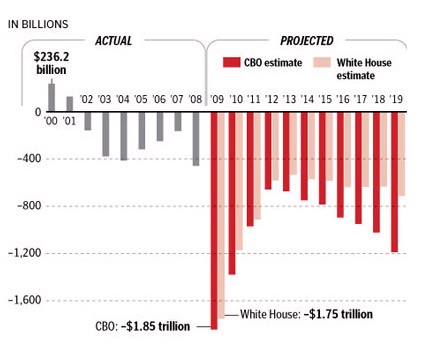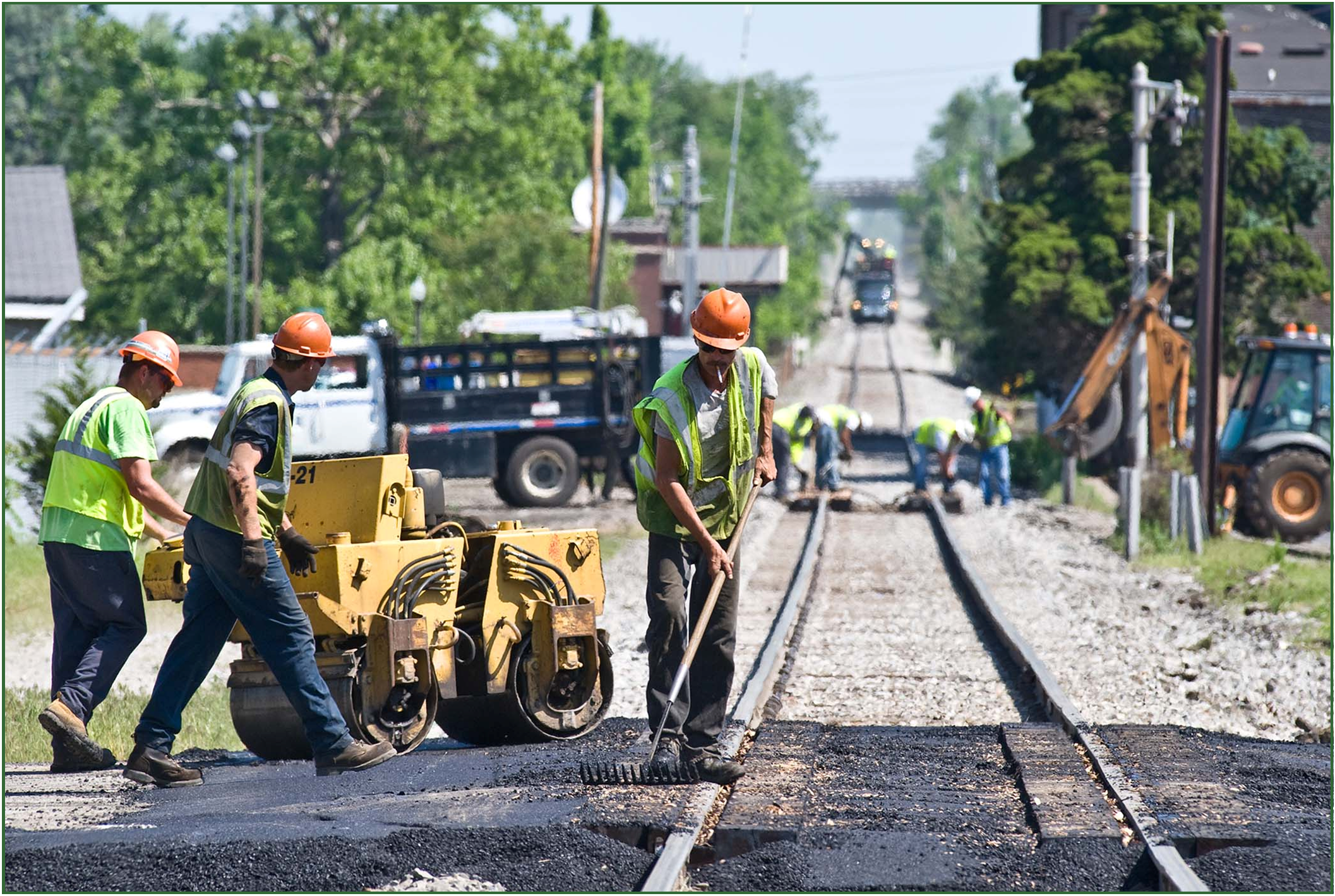As we drove back from Portland today, listening to the news reports about what’s going to take place tonight when the President addresses the nation in a ‘prime-time’ address, we told ourselves we need to draft a post about the despicable abuse of plain English so prevalent in today’s political discourse.

And then, almost like the movie Ground Hog Day, one of our all time favorites, we remembered that we had voiced our thoughts on the subject before. So we searched our archives, and we found a post from earlier this year.
So rather than start all over again, we’re going to replay this prior post, because as far as we’re concerned, it’s ‘spot on’ for today…almost as if we had written it knowing this day would come.
So here you are…from Other Side archives:
Oysters, immigration, political language abuse, and broken things.

We don’t know about you, but some things really fry our oysters. And certain things fry them more than others
We refer here to the discussion of our national immigration system that has been going on for some years now. Not so much for which side of the argument you might come down on, but because of what it reveals in the way of unashamed, unabashed, blatant abuse of plain English for political and demagogic purposes.
Let us give you an example or two of the bumper sticker level of discourse on this subject:
“Our immigration system is broken!”
What they really mean when they say this is ‘we aren’t enforcing the laws that have been on the books for years, because we don’t really want to, and we’re suffering the consequences of not enforcing them. They’re just too hard to enforce, so cut us some slack.’
Our ‘immigration system,’ simply speaking, consists of federal agencies and personnel overwhelmingly, with state agencies in a secondary role here and there, and who knows how many thousands of pages of federal law and regulations. So when one says ‘the system is broken,’ think of that as a euphemism for ‘government is broken.’

We don’t enforce the border, we don’t enforce all sorts of immigration law, including that applying to thousands of employers who flout the law, often with a wink and a nod.

And then there’s the seeming stupidity of monitoring our borders, which in two cases we have personal experience with, operate by checking vehicles transiting major interstate highways 50-100 miles North of the US-Mexican border.
Temecula, CA I-15 - Border Patrol Checkpoint; Mile Marker 54 - Checks traffic going north on I-15. It is also right at the end of San Diego county going into Riverside county.
San Clemente, CA I-5 - Border Patrol Checkpoint; Mile Marker 67 - I-5 San Clemente, California 92674 (760) 430-7029 The San Clemente Border Patrol Station maintains a full-time traffic checkpoint on the northbound lanes of I-5.
Both of these locations are so distant from the border that it seems bizarre when you approach them. We imagine there are all sorts of bureaucratic justifications for the cost and effectiveness of such check points, but in the internet/social media age, anyone who gets nailed at these check points clearly qualifies for ‘stupid is as stupid does’ status, as Forrest Gump liked to say.
“We need comprehensive immigration reform!”
Translation: ‘since we’re doing a despicable and irresponsible job of enforcing the laws that have been on the books for years, let’s throw them aside and create a whole new set to brag about, campaign on, and hold press conferences to announce.’

‘And we’ll call it comprehensive immigration reform!!!!’
‘Just think how we can come before the public and tell them we found common ground, and how proud we are to stand before them today to announce a new 3,000 page bill that fixes our broken immigration system!’
---------------------------------------------------------------------------------------------------
There’s only one problem as we see it. Passing a whole new set of laws that won’t be enforced to fix the problems stemming from non-enforcement of the previously enacted set of laws is not ‘reform.’
It’s cheap, lazy, and opportunistic politicking and pandering.
Which leads us to offer this ‘bumper sticker’ level commentary of our own:
Our government system is broken.
We need comprehensive government reform.
You can take this however you wish, and on whatever terms you prefer. Our ideas range from the colorful – ‘turn the government inside out and scrub it down with a wire brush’ – to the more practical – immediately reduce federal employee head count by 20%, and eliminate at least 3 cabinet level departments.

On a different note, as we were pondering this post, we had a related thought. The federal government has been operating at a deficit level in the range of $1 trillion per year for some time. Yet you never hear of any agency or department ‘overrunning’ their budget, and being held accountable for turning their enterprise around and living within their means. No news about how the State Department, or the Department of Education, or Homeland Security is running a deficit of 10 or 15% a year against their proposed budgets.
Instead, the federal deficit is reported at the top line level: the difference between federal revenues and federal expenditures, with no allocation of deficit responsibility to specific departments or government operations. No wonder no-one worries about managing the deficit; it’s not ascribed to any leader or any agency, so no-one is responsible or accountable. The deficit just ‘is.’
Maybe we should demand (good luck with that!) a more definitive and accountable system of budgetary responsibility. The executive branch of the federal government has 15 major departments. On a pro-rated basis, when we have an annual $1 trillion deficit, that means each department has about a $67 Billion operating deficit.
Shouldn’t each fiscal year begin by asking each Department, or more specifically, the Cabinet Secretary who heads it, what they will do to eliminate their contribution to the national deficit? Shouldn’t each be responsible for managing to get their operations back on a break-even basis?
We don’t know why this suddenly occurred to us today, and why it took so long to realize just how fundamentally broken the reporting on the nation’s fiscal management system is.
But once agaiin we conclude what we said just above:
Our government system is broken.
We need comprehensive government reform.
And we mean this in the real, common sense understanding of the English language. Not the double-speak that passes for ‘we hear you loud and clear’ bluster and bloviation from the ruling class of our era.
That’s about it for today.

So pass the horse-radish, will you Gladys? And hand us another Guinness. Tell the chef to stop frying our oysters. We much prefer them fresh, naked, and tasting of the sea.
Covering them in batter and crumbs ruins the whole idea of doing what comes naturally.














